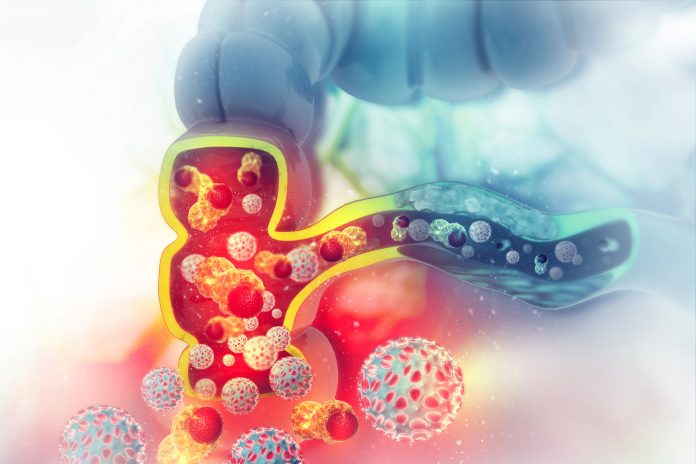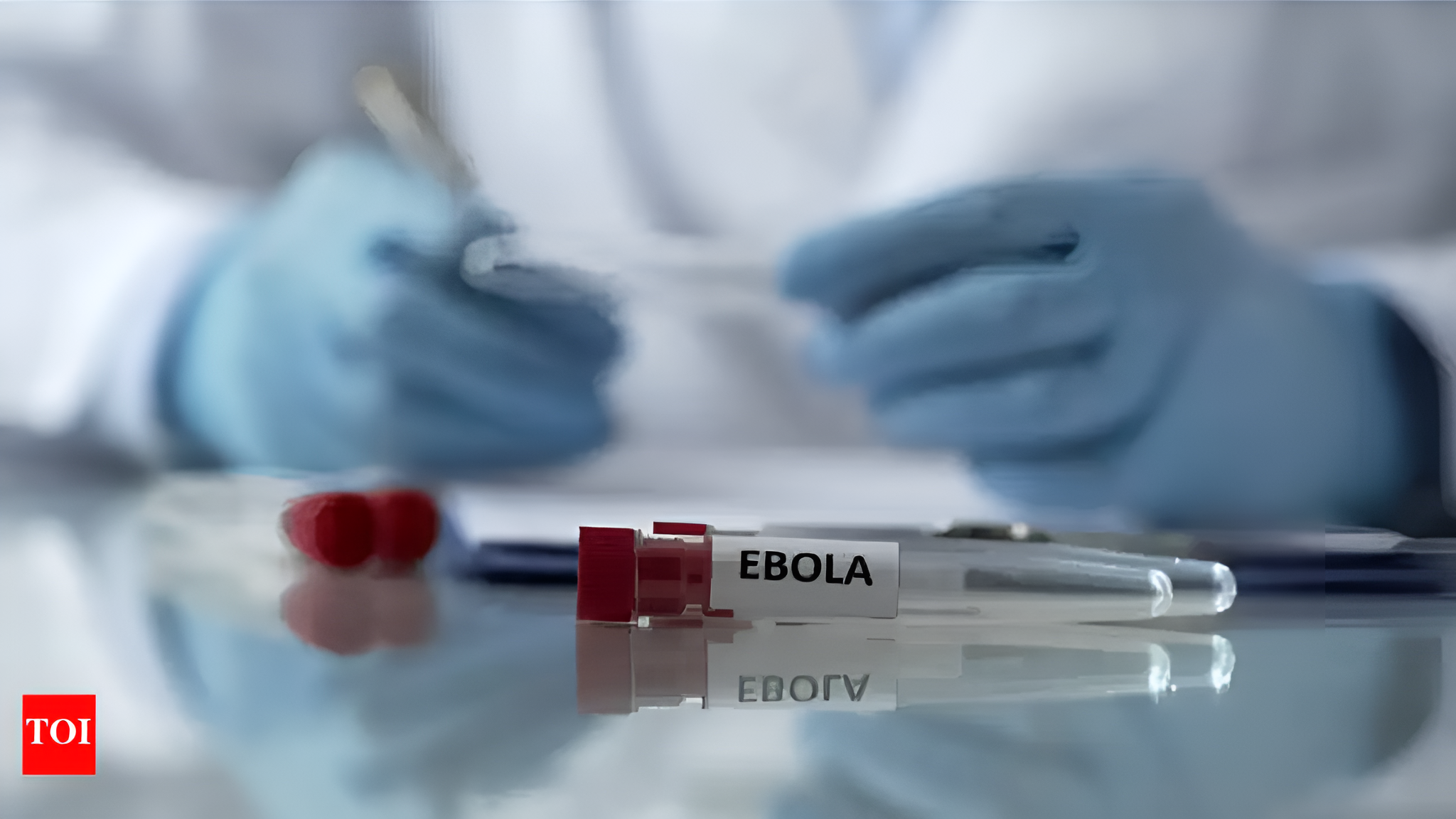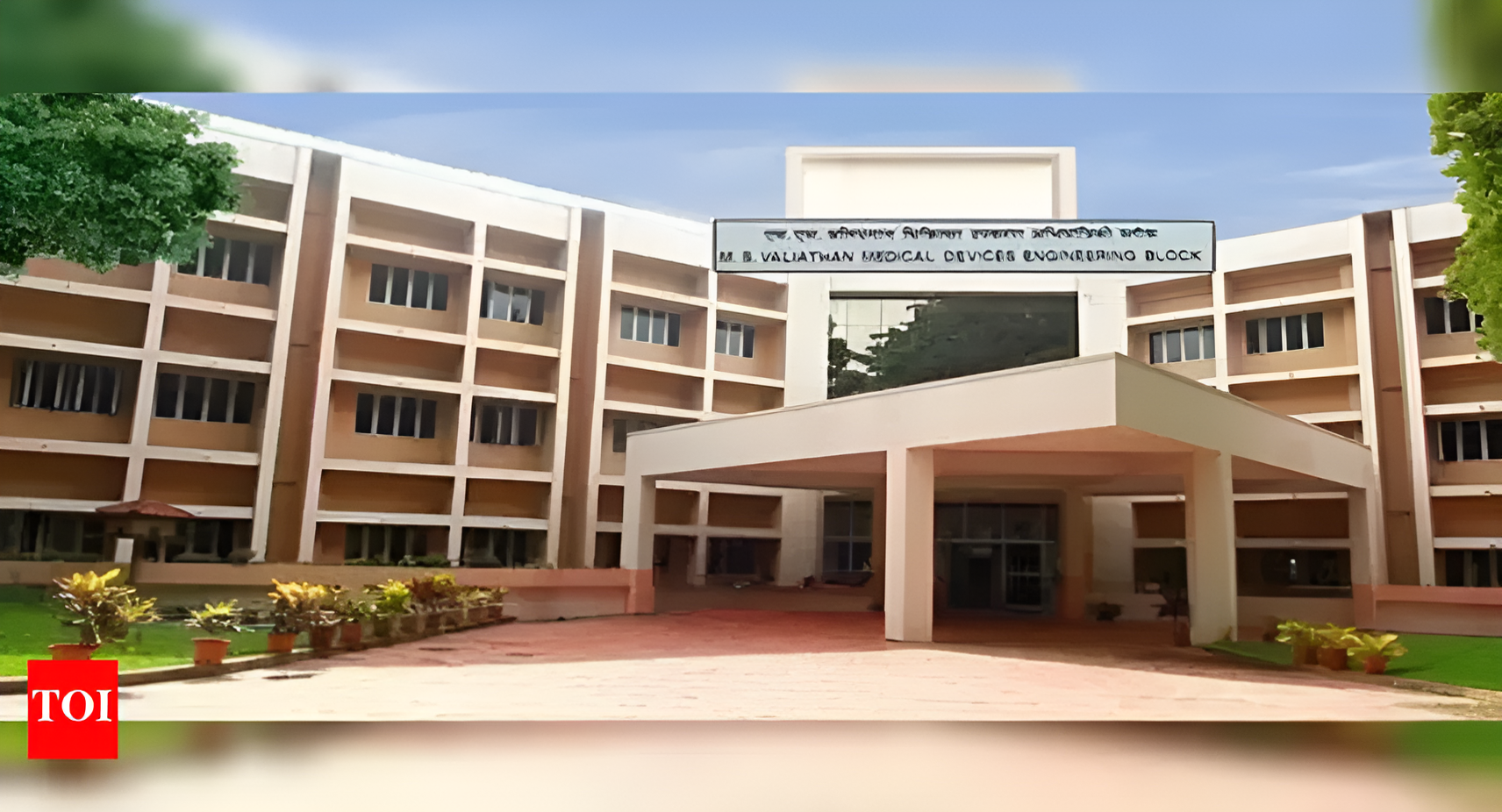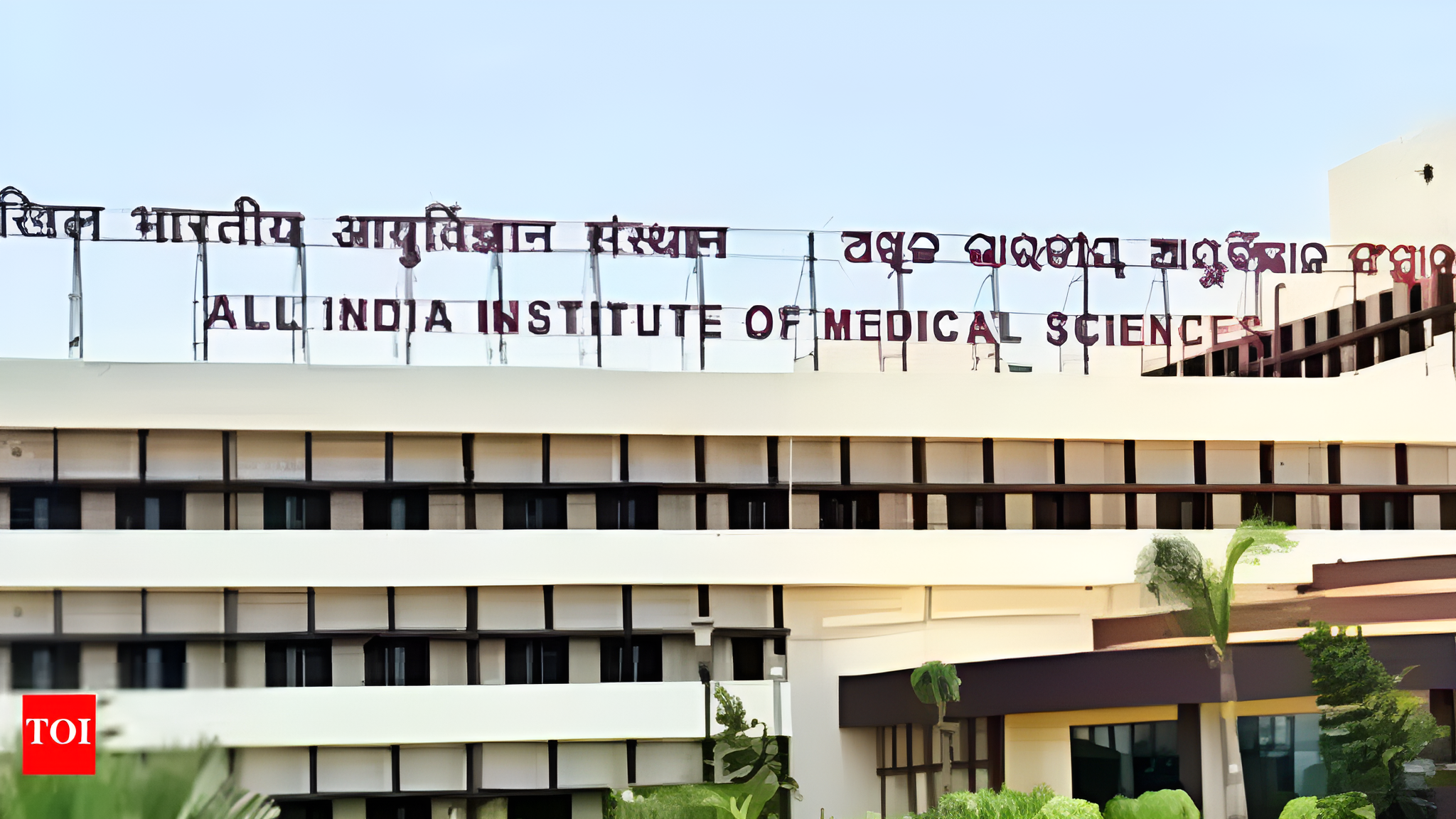
More than 250 putative CRC driver genes, many not previously implicated in colorectal or other cancers, were found by an English collaboration that sequenced samples from the U.K. 100,000 Genomes Project.
Their report was published this month in Nature. The lead author is Alex J. Cornish, of the division of genetics and epidemiology, Institute of Cancer Research, London.
Colorectal cancer (CRC) is the third most common malignancy worldwide, and increasingly seen in younger people. The AACR reports, “ In the United States, colorectal cancer and breast cancer are among the most rapidly increasing cancers in younger populations and represent the most common cancers in men and women, respectively, between ages 18 and 49.”
But the whole genomic landscape of CRC has never been mapped. This team performed whole-genome sequencing (WGS) of 2,023 CRC samples from U.K. 100,000 Genomes Project participants, providing a more detailed somatic mutational landscape of this cancer.
“We extend the molecular pathways involved in CRC development, define four new common subgroups of microsatellite-stable CRC based on genomic features and show that these groups have independent prognostic associations,” they write.
The team also characterized several rare molecular CRC subgroups, some with potential clinical relevance, including cancers with both microsatellite and chromosomal instability.
Known CRC driver genes were generally mutated at reported frequencies. But the team also demonstrated a spectrum of mutational profiles across the colorectum, including the role of colibactin-producing Escherichia coli in rectal cancers and the importance of the SBS93 signature, which suggests that diet or smoking is a risk factor.
Many driver mutations are actionable, including those associated with rare subgroups (for example, BRCA1 and IDH1), “highlighting the role of whole-genome sequencing in optimizing patient care,” the researchers write.
Until now, sequencing projects for this type of cancer have been limited to a few hundred cases and/or based on whole exome or gene panel sequencing. For this study, patients with CRC (median age of 69 years at sampling, range 23–94 years, 59% male) were recruited by the Genomics England 100,000 Genomes Project. WGS was performed on DNA from 2,023 flash-frozen tumor samples and paired blood samples. The cancer samples were primary carcinomas (n = 1,898), CRC metastases (n = 122) or recurrences (n = 3).
The team initially classified CRCs into the three established subtypes: MSI (microsatellite instability-positive, mismatch repair deficient; n = 364); POL (DNA polymerase ε proofreading-deficient; n =18); and MSS (microsatellite-stable; n = 1,641). All except three of the metastasis samples were MSS.
They identified a potentially important role in CRC for SBS93, the fourth most common SBS signature. SBS93 has been associated with esophageal and gastric cancers as well. And while its presence in CRC has previously been noted, it has not been highlighted. In this study, SBS93 showed transcriptional strand bias in the tumor samples.
New drivers included genes in existing pathways, such as WNT and TGFβ–BMP. Less expected functions included RNA regulation (ZC3H13 and ZC3H4) and transcriptional control (for example, the transcription factors GTF2IRD2, MITF, MLF1, NCOA1, OLIG2, PRDM16, RUNX1, RUNX1T1, TCF12 and TCF3).








![Best Weight Loss Supplements [2022-23] New Reports!](https://technologytangle.com/wp-content/uploads/2022/12/p1-1170962-1670840878.png)




